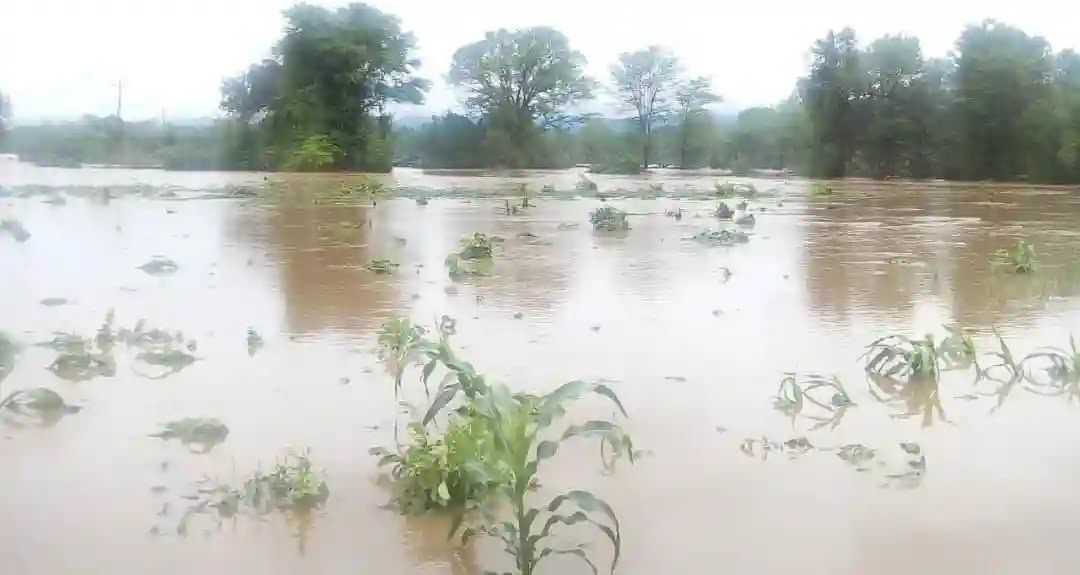At least 15 lives have been lost, and 785 households—primarily in the Midlands Province—have been severely impacted by heavy rains sweeping across Zimbabwe. The relentless downpours have caused widespread destruction, affecting homes, schools, and healthcare facilities.
The rains, which began in September last year, have damaged 118 schools and 13 health centers, disrupting access to education and critical services for many communities. The hardest-hit regions include Midlands, Manicaland, Masvingo, and Matabeleland North, where infrastructure damage and safety concerns are mounting.
In Midlands Province alone, 433 households have been affected, with Manicaland reporting 181, Masvingo 46, and Matabeleland North 47. On January 11, Muponjane Primary School in Zvishavane suffered extensive damage from a severe storm, exacerbating existing classroom shortages.
The District Civil Protection Committee estimates that repairs for the school will cost approximately US$8,120, presenting a significant financial hurdle.
Amidst surging river levels, rescue operations have become a critical focus. In Zvishavane, two men remain stranded along the Runde River near Citrus Plantation, where escalating water flow poses a grave threat. Authorities are working urgently to assemble a rescue team to ensure their safety.
The rains have also led to several mining tragedies. In Hwedza, three artisanal gold miners lost their lives in a mine shaft collapse on December 27, with their bodies recovered on January 3.
In Makaha, Mudzi district, three miners remain trapped underground after a shaft caved in two weeks ago. One miner managed to escape, while rescue operations continue around the clock, involving police, army personnel, health officials, and other stakeholders. Tragically, all three trapped miners belong to the same family from Mateta 1 Village in Gokwe.
In Mberengwa, two miners died last Thursday when another mine shaft collapsed, further highlighting the dangers faced by artisanal miners during the rainy season.
Urban areas have not been spared. Flash floods in Mbare, Harare, on January 8 left homes submerged, exposing vulnerabilities in local drainage systems. Meanwhile, a storm on January 7 devastated Avonda Farm in Mashonaland Central, ripping roofs off 11 homes and leaving families in dire conditions.
The Department of Civil Protection has stepped in to provide relief supplies, including rice, tinned beef, and sanitizers, to those affected.
As rains persist and more downpours are expected in the coming days, the risk of further loss and damage looms large. Communities are left grappling with the aftermath, while emergency response teams strive to mitigate the impacts of nature’s fury.

For comments, Feedback and Opinions do get in touch with our editor on WhatsApp: +44 7949 297606.
